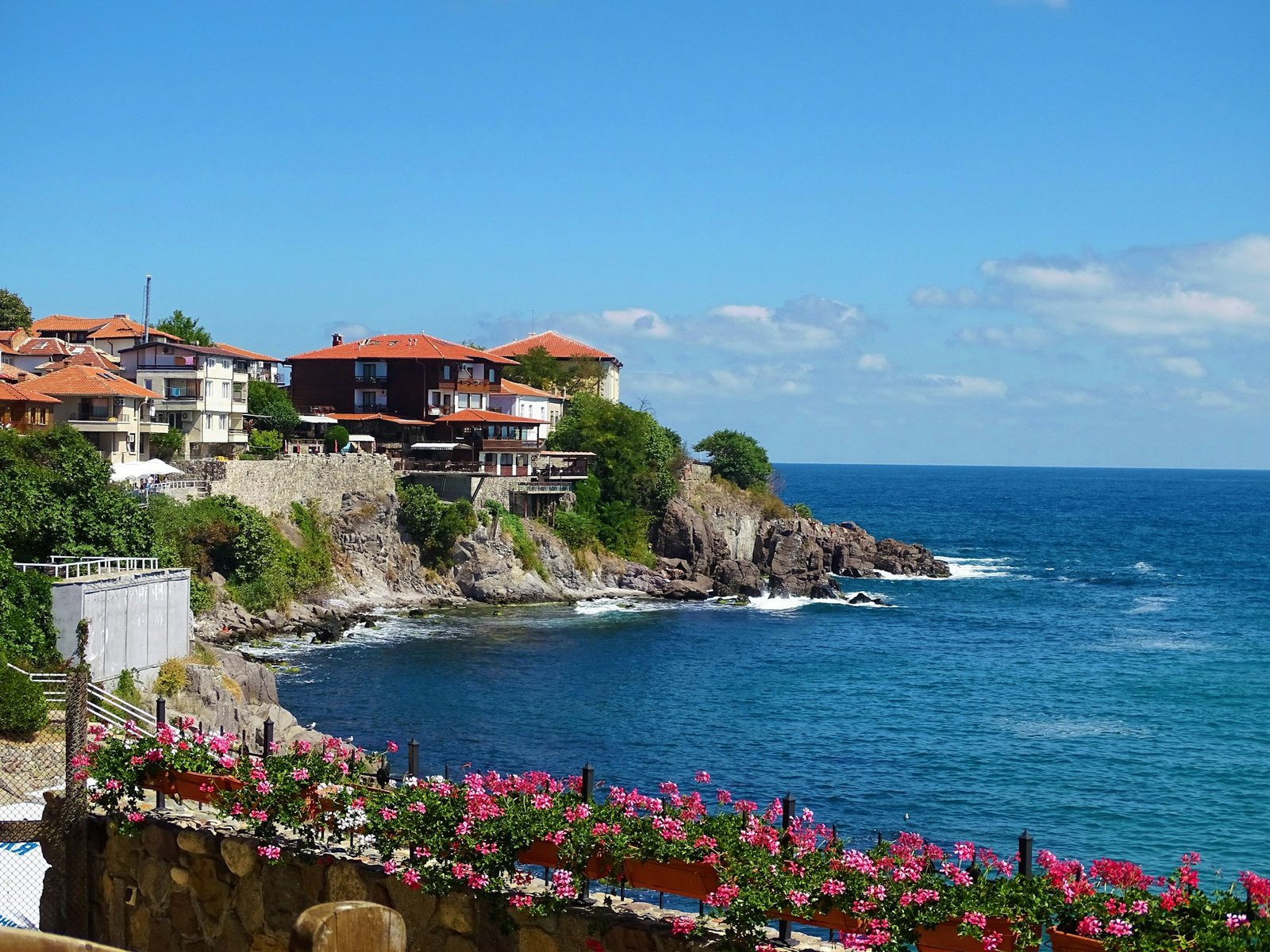Bulgaria Retirement Visa: A Comprehensive Guide
What is retirement visa?
Retirement visas are a type of passive income visa that has been popular worldwide since the 1980s. Typically, they are issued to retirees who have sufficient retirement funds or stable income.
In general, global retirement visas have the following characteristics:
1. Applicant Qualifications: Typically, retirement visas require applicants to be retirees, reach a certain age, or have retirement funds.
2. Restrictions on Employment: Visa holders are usually not allowed to work locally.
3. Path to Permanent Residency: After residing in the destination country for a certain period, retirement visa holders can often apply for permanent residency or even citizenship.
If you’re interested in retirement visas or passive income visas, you might want to read our informative article: ‘Global Passive Income Visa | An Incomplete Guide‘.
Bulgarian Retirement Visa: An Overview
The Bulgarian Retirement D visa is a long-term residence permit issued by the Bulgarian government to retirees from non-EU countries who receive a government pension.
Unlike some other retirement visa programs, the Bulgarian government hasn’t specified explicit financial requirements for this visa. As long as you have a government pension, you can try to apply for it. However, your pension income should at least meet Bulgaria’s minimum income standard.
Realistically, a strong way to get your Bulgarian Retirement Visa approved as a pensioner is to buy property locally. This shows you won’t be a financial or social burden on Bulgaria, which can significantly speed up your visa application.
Compared to similar programs, the Bulgarian retirement visa has three main advantages:
1. It is a Schengen visa, allowing holders to freely visit the Schengen area.
2. In Europe, Bulgaria has relatively low living costs and relatively good public safety.
3. Bulgaria imposes a fixed income tax of only 10% on tax residents.

Application Process:
The application process for the Bulgarian Retirement Visa requires an in-person interview and can generally be divided into the following two steps:
1. Applying for a Type D Entry Visa: To apply for a Bulgarian retirement visa, you need to prepare all the required documents and schedule an appointment with the nearest Bulgarian consulate or embassy to apply for a Type D visa in person.
Required documents include:
- Applicant Identification Documents: These include valid passports for all primary and secondary applicants, two passport-sized photos, birth certificates, marriage certificates, and other documents proving the relationship between the primary and secondary applicants.
- Completed Application Form: You can download and complete the application form online.Proof of Government Pension: You need to prove that you have sufficient government pension income. Pensions from private sectors, such as companies, are not accepted.
- Police Clearance Certificate: All adult primary and secondary applicants must provide a criminal record check issued by the law enforcement authorities of their current place of residence.
- Proof of Health Insurance: You need to purchase Schengen-area valid health insurance for each primary and secondary applicant, with coverage of at least €30,000 per person per year.
- Bulgarian Address: You need to provide a common address in Bulgaria, and a hotel address may also be accepted.
- Bulgarian Bank Account: You need to open a Bulgarian bank account in advance to obtain a local IBAN tax number to apply for the retirement visa. However, remote account opening in Bulgaria is almost impossible, so if you do not wish to apply for a Schengen visa to enter Bulgaria, an effective method is to choose an online banking platform like Paysera.
All documents from outside Bulgaria must be notarized, and non-Bulgarian language documents must be translated into Bulgarian.The processing time for the entire program is generally between one to two months.
2. Converting to a Long-Term Residence Permit: The retirement D visa is valid for six months, and you need to enter Bulgaria before the visa expires and go to the local government immigration office to convert the Type D visa into a one-year long-term residence permit. This step usually takes one to two weeks. The local government office may require you to provide more detailed proof of financial stability, and purchasing property in Bulgaria will significantly increase the likelihood of visa approval.
Dependents:
For the Bulgarian retirement visa, the main applicant’s spouse and children under 21 can apply for a family member visa as dependents.
Visa Validity:
For non-EU citizens, the Bulgarian retirement residence permit is valid for a maximum of one year. It can be renewed annually under the same conditions for up to five years.
If you are an EU citizen, you can directly apply for a five-year Bulgarian retirement residence permit.
Non-EU citizens who have legally resided in Bulgaria for five consecutive years, with a total absence from the country of no more than 30 months during that period, are eligible to apply for permanent residence in Bulgaria.
Once a foreigner becomes a permanent resident of Bulgaria, after legally residing in the country for an additional five years, if they are at least 18 years old, have no criminal record, have sufficient financial means to support themselves, are proficient in the Bulgarian language, and are willing to renounce their original citizenship, they are eligible to apply for Bulgarian citizenship.